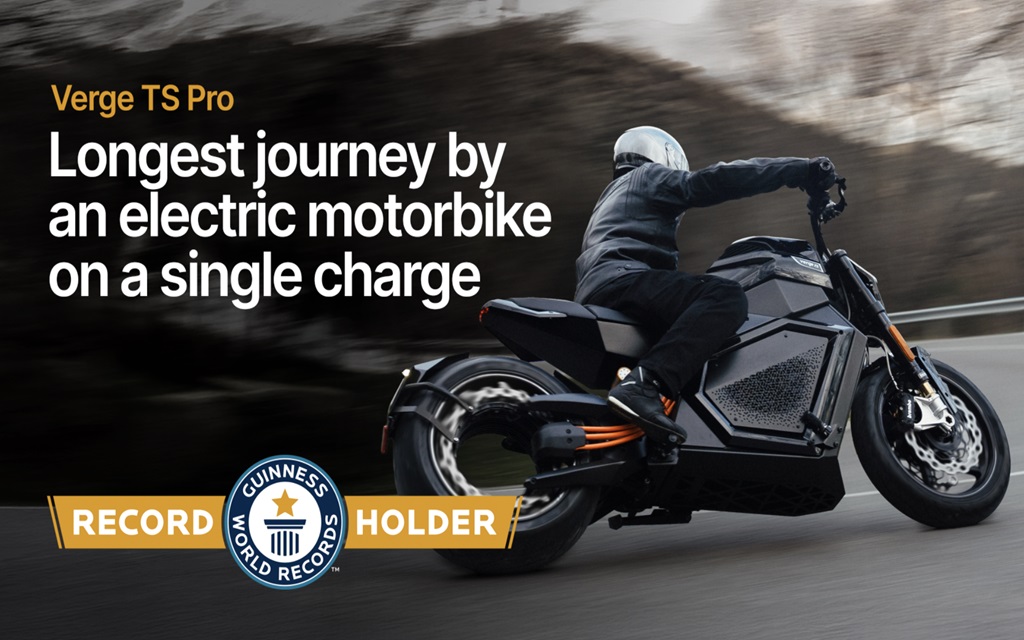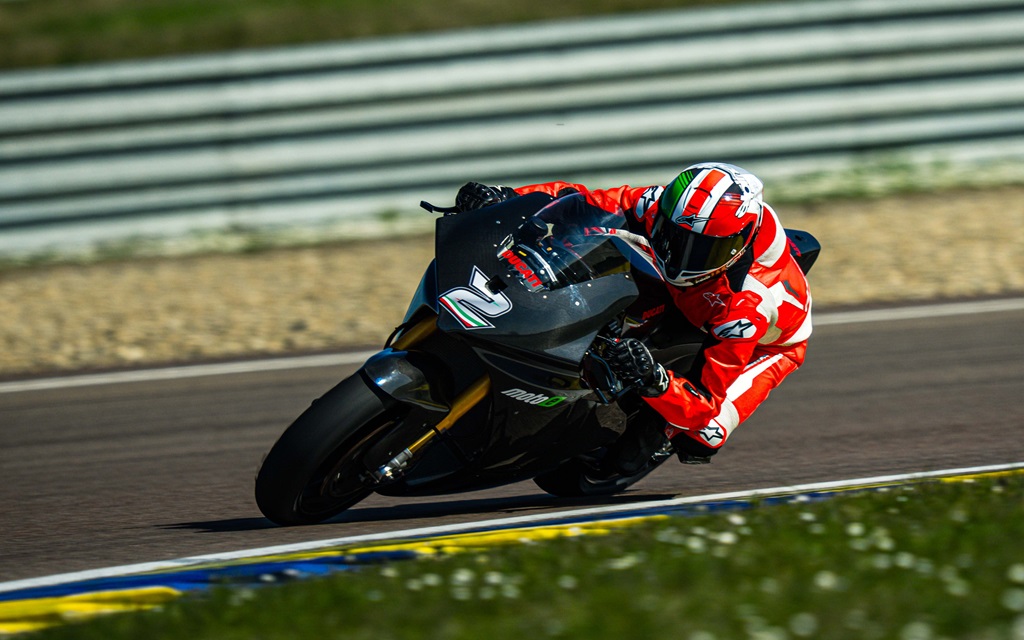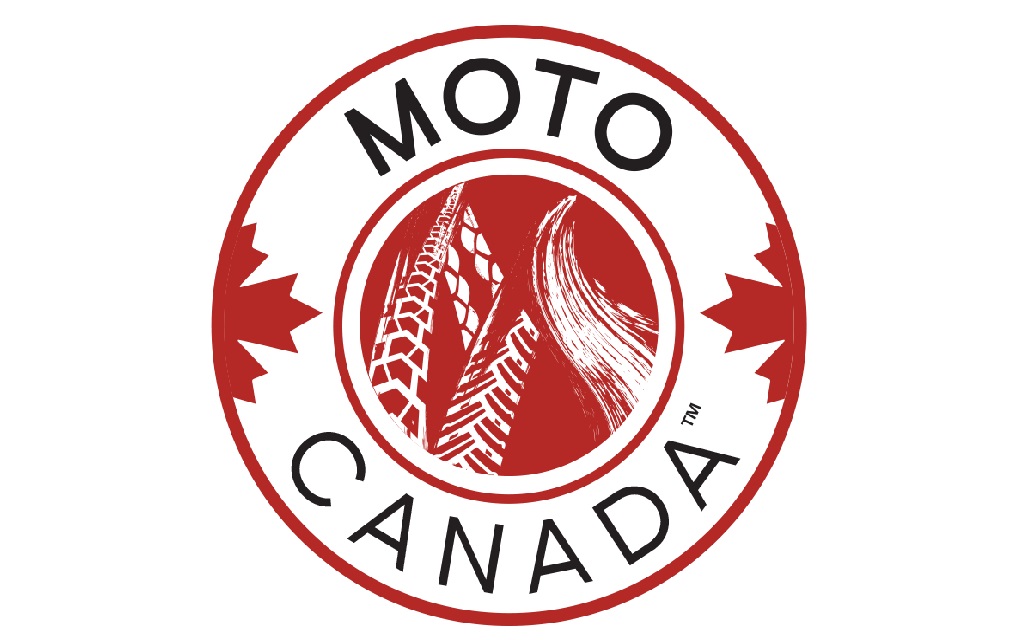There is a myth that’s been propagated about motorcycling. A myth fostered, in part, by the brilliance of modern motorcycles. Two-fifty Hondas and 650 V-Stroms and low-slung cruisers with two-finger-pull clutches and anti-lock brakes have convinced would-be enthusiasts that anyone — absolutely anyone — can ride a motorcycle. But not everyone should ride a motorcycle. Not everyone can.
I received an email (in the form of a story pitch) from a man who outlined how his wife tried — and failed — at becoming a motorcyclist. His intention — I believe — was in part to show his wife’s tenacity, but his dispatch read like a chronicle of ineptitude that left me wondering if his part in the affair verged on negligence. If his goal of having a riding partner put his wife at risk.
He picks up the story when he was a young man; his daughter was terrified of the sound of his Honda 125 and his wife was concerned that he “might die.” With his daughter grown and his wife’s fear assuaged, he again purchased a motorcycle. His wife, now 60, got one too. She pottered down hills at half the posted limit, and while pulling onto the shoulder of the road to let a long queue of traffic pass, she lost her footing and tumbled into a ditch. And then she broke her hand and ankle at riding school. The bike — a Ninja 250 — is as gentle as they come.?
And while his wife instigated the attempt to learn to ride, throughout the email you could sense her husband’s desire to have her succeed, for reasons that weren’t entirely altruistic. Astonishingly, he even used the words “teaching my wife to ride a motorbike” as the letter’s sub-heading. In the end, which was, thankfully, the abandonment of the riding experiment and not his wife’s injury or death, he confessed that “it wasn’t all that much fun riding alone” so he sold his bike, too. It was likely a wise move, as riding was “more tiring than going by car.”
I wrote him back stating, in essence, that it was a depressing tale of someone attempting to do something for which they were not suited. “I bet lots of men have tried to get their wives and girlfriends into riding, unsuccessfully,” he wrote back. “They’ll be able to relate.” And he’s absolutely correct: often men really want their wives or girlfriends to ride.
This summer I was riding on the highway quickly on my 916, and a GSX-R pulled alongside. The rider, who had been going somewhat faster than my speed, had slowed to do a double take at the bike. The rider’s left hand flipped up a tinted visor and I could see that it was a young woman. She smiled, flashed thumbs up at the old bike (and, alas, at the old rider) then slammed her visor shut, dropped her bike a gear, and wailed into the distance. Then it struck me: how rarely had I seen a woman look so comfortable on a motorcycle. I had immense admiration for her. She had entered a male-dominated pursuit and she’d mastered riding a machine that was never designed for a woman to operate. (By far most motorcycle designers and engineers are men, and in 10 years I’ve never met a female test rider.)
I’ve raced against — and been beaten by — women who were exceptionally talented riders. This isn’t a generic comment about the ability of women to ride motorcycles — there are good riders and bad ones; in that they’re no different than men. I’m writing about women who have been persuaded by men to try motorcycling, and I’m writing to you (if indeed it is you) as men who have coerced them into it. The opposite — men roped into their partner’s interest — is much less common. The occasion of a female rider coaxing her male partner to ride must occur — occasionally — but I have not heard of an occurrence.
If you can ride a motorcycle well, or even adequately, it’s very difficult to understand how someone else can’t. A friend’s wife is an accomplished mountain climber, but were she my wife we’d be unable to go on climbing holidays. While not exactly terrified of heights, I find no pleasure in hanging in the air, and if I had to do it I’d be miserable, tense, and, ultimately, unsafe.
My partner works in the motorcycle industry and rides, too. But we don’t go riding together. My skill level is higher than hers, and I’d only be frustrated at having to travel at what is, for me, a speed too slow. But there’s something else, too. We don’t need to do everything together. We value the ability to do things on our own, independently. And I’d counter the comment “it wasn’t all that much fun riding alone” with this: you’re wrong. Riding alone is as restorative as meditation. It’s just you and your senses, and everything else — bills, bosses, and life’s bullshit — disappears.
Motorcycling is dangerous, and none of us should pressure someone else who is apparently unsuitable for it to share that passion in a way that can go so badly wrong. We should support our partners, yes, and our partners should support us. But let us be vigilant to ensure that a desire to entangle another in our motorcycling pleasures is wisely considered.






